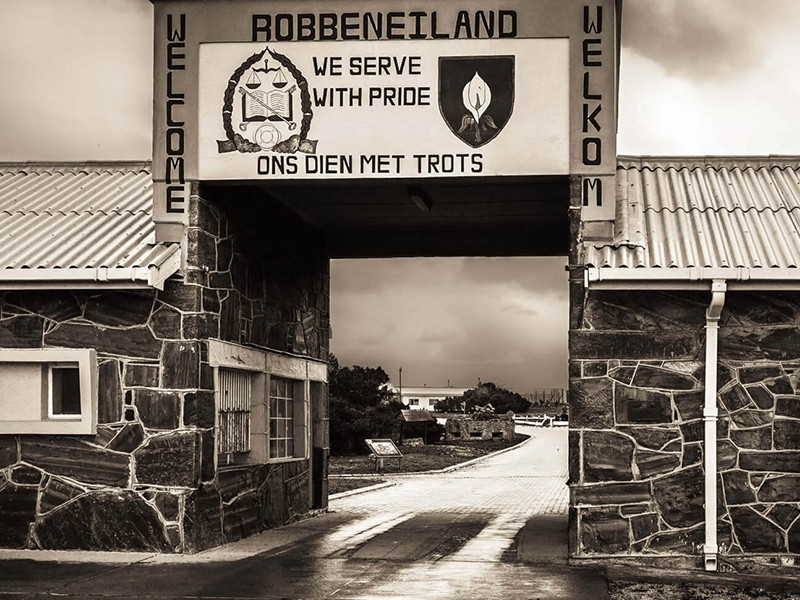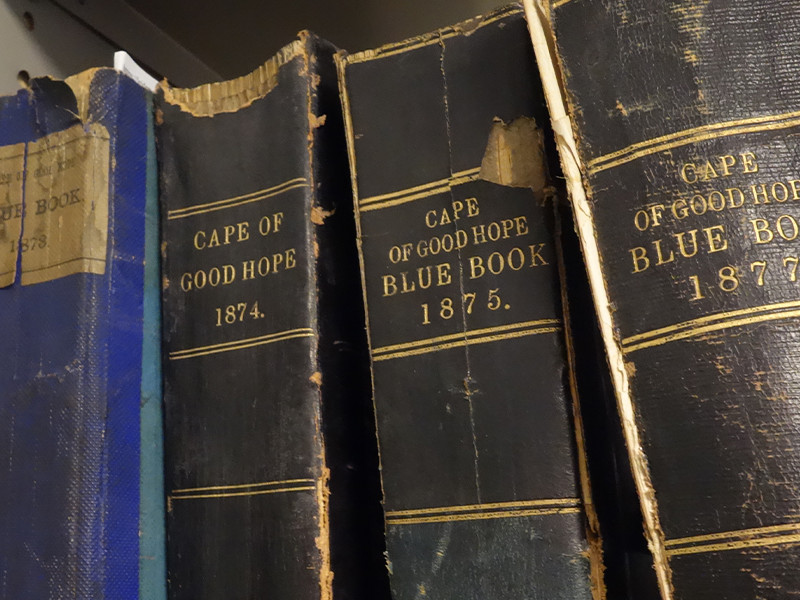British Colonial Rule in the Cape of Good Hope and Basutoland, 1854–1910 - Key Data
Key Data
| Metadata Key | Metadata Values |
|---|---|
| Title | British Colonial Rule in the Cape of Good Hope and Basutoland, 1854–1910 |
| Description | Containing over 140,000 images, British Colonial Rule in the Cape of Good Hope and Basutoland, 1854–1910, charts over 50 years of British colonial rule in southern Africa. Settled by the Dutch East India Company in 1652, the colony came under British control in 1806. In 1910, it became a province of the newly formed Union of South Africa. Britain granted the colony the right to elect a legislature in 1853. In 1872, full internal self-government was established. During the nineteenth century, it emerged as a commercial hub—the discovery of diamonds and gold in the 1860s rendered it the most important and prosperous British colony in Africa. This collection tracks the administration of the Cape from 1854 to the formation of the Union of South Africa. It also includes material on British Kaffraria—the southern region between the Keiskamma and Yei rivers—and Basutoland (present-day Lesotho), a British Crown colony that was bordered by the Cape, Natal, and Orange River colonies. Kaffraria came under Cape control in 1865. In 1871, so did Basutoland. The documentation relating to this territory includes annual and legislative reports, proclamations, correspondence with local rulers, and reports on rebellions. This collection evidences significant historical trends, such as the development of constitutional governance and infrastructure in the region, as well as the growth of key industries, such as mining and the production of cotton, ostrich feathers, and wine. You will come across records regarding the use of Robben Island, reports relating to the development of the colony’s education system, as well as information on the construction of roads and railways, and on the failed Jameson Raid of 1895. Although the Cape colony was controlled by a minority class of white settlers, the sources nevertheless provide valuable glimpses into African cultures and societies, including examples of resistance to colonialism. British Colonial Rule in the Cape of Good Hope and Basutoland, 1854–1910, will be of interest to students, researchers, and lecturers investigating and delivering courses on the social, political, and economic development of South Africa. It should also appeal to those exploring the broader histories of Africa and colonialism. A comprehensive and versatile resource, it forms a natural counterpart to many of our primary source collections that we have grouped under the theme of “Colonialism and Empire”, such as British Mercantile Trade Statistics, 1662–1809, and Apartheid Through the Eyes of South African Political Parties, 1948–1994. |
| ISBN | 9781851173815 |
| Contributor |

|
| Type | collection |
| Format | jpg |
| Identifier | https://britishonlinearchives.com/collections/130/british-colonial-rule-in-the-cape-of-good-hope-and-basutoland-1854-1910 |
| Source | This resource digitised straight from the 'source' material i.e. directly from the original, physical archive. |
| Creator | British Online Archives (Microform Academic Publishers) |
| Language | |
| Rights | |
| Publisher | Microform Academic Publishers |
| Coverage | 1854-1910 |
| Volume Count | 56 |
| Document Count | 5,812 |
| Image Count | 146,271 |
| Born From |
Microfilm
This resource is a 2nd generation version of the original material, which was first reproduced on Microfilm and then subsequently digitised. As a result of this, the quality of the final image may vary depending on the quality of the Microfilm the resource was digitised from.
|
| Digital Marketing Rights | |
| Created On | 17th September, 2024 - 8:12pm |
| Last Updated | 29th January, 2026 - 12:22pm |
Download Marc Records
Download Collection Metadata
Download (.zip) arrow_circle_right View complete list of our Collection Metadata files.By downloading documents and the associated metadata for resources on British Online Archives, you agree to British Online Archive's terms of use.
Policies
Related Collections
View all Collections in Colonialism and EmpireUnlock Historical Research for Your Institution
Provide your students and researchers with direct access to unique primary sources.



.svg)


